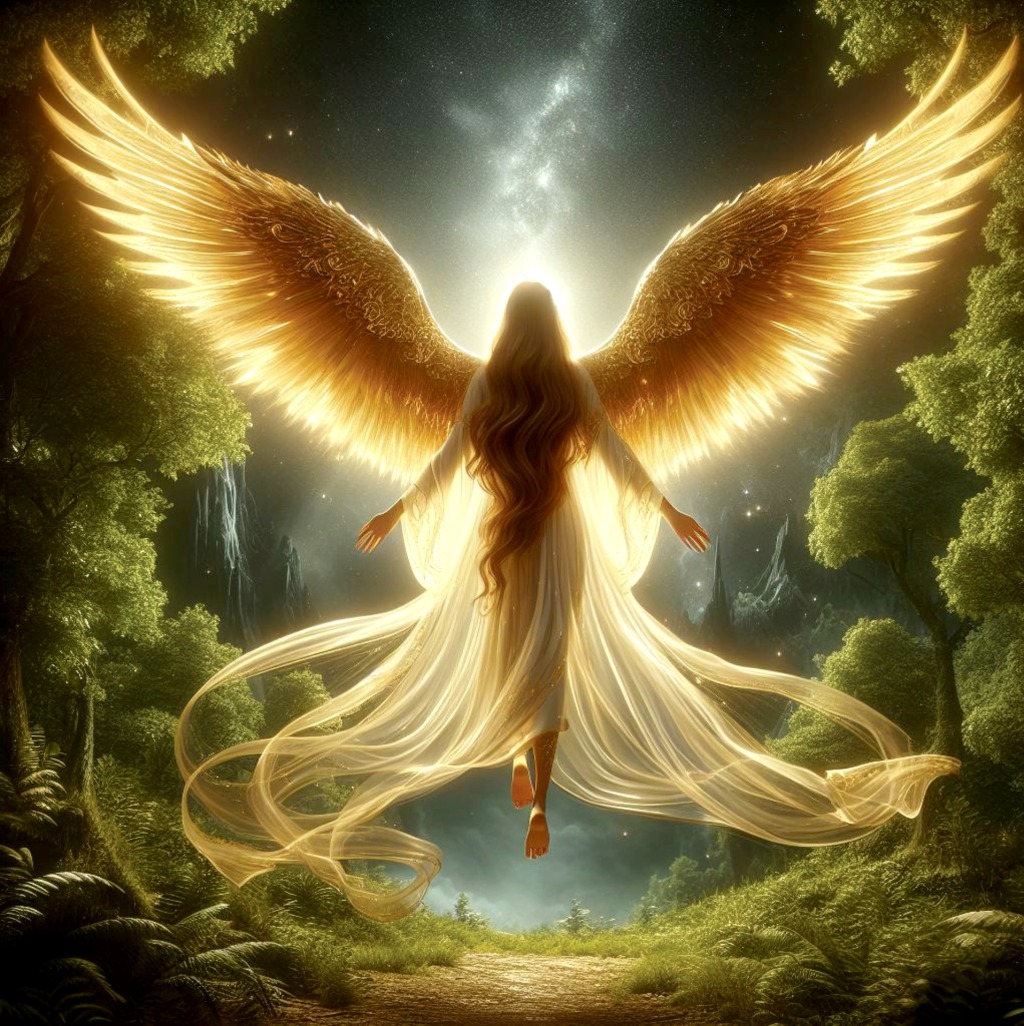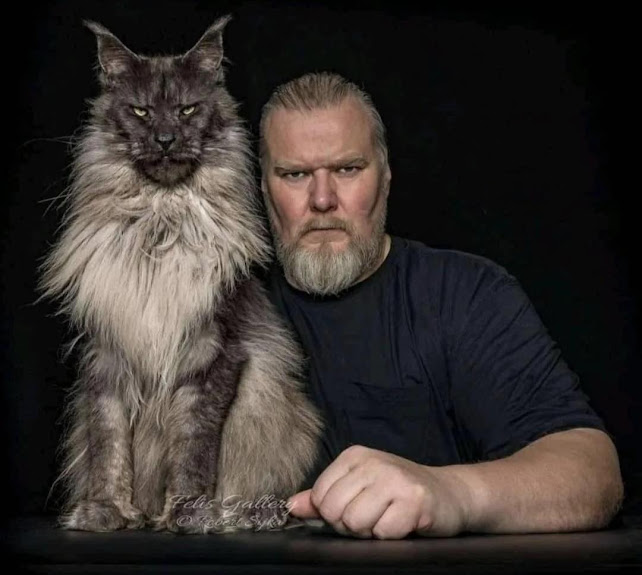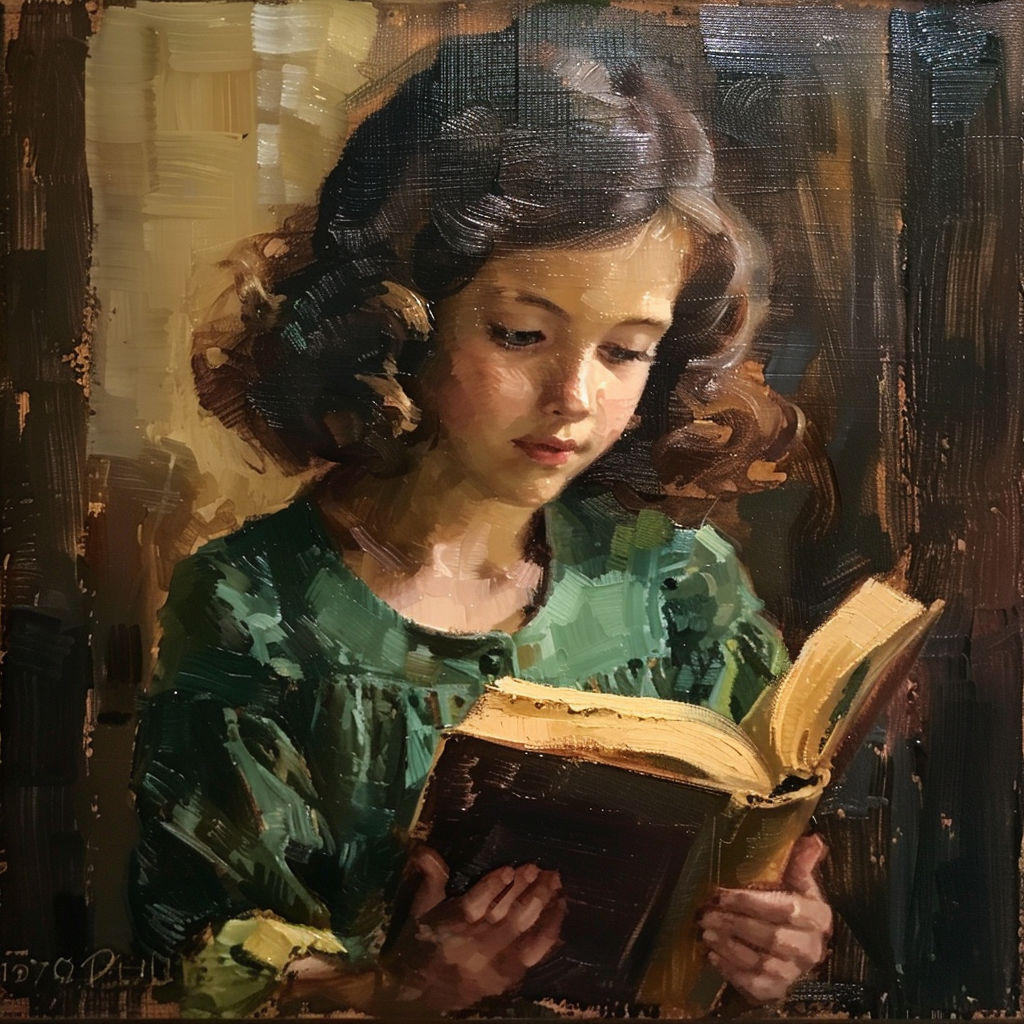Fantasy, Theology, and the Problem of Evil: A Rant by Padre0875
About twenty years ago, I was reading a then popular epic fantasy book and came close to walling it. Two of the characters, a human and an elf, were talking and the elf commented that the elves had proven that the gods can’t exist, because evil existed in the world and the gods had not prevented the evil from happening. If they could prevent evil and didn’t, then they would be evil. Since the gods aren’t said to be completely and utterly evil, then they obviously don’t exist.
Now, this is an argument I’m familiar with. In theology, it’s known as theodicy or the problem of evil and has been discussed, answered, and shown to be inadequate many times over the last four thousand years. For example, the book of Job in the Bible is an epic poem on the subject. Others, from Thomas Aquinas to C.S. Lewis have also written on the topic.
While I don’t have time to answer every objection raised, the general consensus among theologians is that the way it is presented above is inadequate and breaks down to a false dichotomy. It’s possible that God is able to prevent evil, but doesn’t for other reasons, or that he is dealing with it, but the solution to the evil events has not happened yet, again for reasons that we cannot understand at this point.
It is also possible that what we perceive as evil is not evil, but the natural result of the world the being the way it is. The devastation of the Great Lisbon Earthquake of 1755, which convinced the philosopher Voltaire that God did not exist, is the result of people living in a seismically active area, not the actions of an uncaring God. (Of course, Voltaire and his work are a clear indication that not only does God exist, but He has a sense of humor. Voltaire, in one of his lectures, held up a Bible and said that it would be in the dustbin of history within a hundred years. A hundred years after his death, almost to the day, the Geneva Bible Society unknowingly purchased his chateau in Geneva, Switzerland to use as its headquarters to distribute Bibles to the world.)
This is the case in the real world. It is a far more egregious problem when we start looking at the problem of evil in fantasy worlds.
The biggest issue is that most fantasy worlds are polytheistic. The problem of evil does not work logically in a polytheistic system because the gods are not all powerful. Once you get more than one god, they are no longer omnipotent, even as a group. It is possible that the gods want to prevent evil, but do not have the power to stop it.
The gods are extraordinarily powerful, but their desires can be thwarted. Zeus is the most powerful of the Greek gods, but his will and desires can be worked around by a combination of multiple other gods. Apollo can do what he wants at Troy if Hera distracts Zeus for a time.
In the same way, it is possible that the gods of the fantasy world are just not powerful enough to stop the evil that is committed. JRR Tolkien shows this in the Silmarillion. The Valar work to build the world and create great works, but their designs are thwarted by Melkor. The only being that Melkor cannot overcome is Illuvater, Tolkien’s creator God, who takes the discord that Melkor introduces into the music they make at the beginning of creation and turns it to His will to bring glory to Himself.
The other problem with the fantasy story mentioned above is that it is lazy world building. Every culture has religion, so every fantasy culture should have religion as well. What those religions look like depends on how you build your world, but it needs to be there.
Of course, good worldbuilding is not just to make the world seem more real. The existence of God, gods, and religion allows an additional level of conflict. In The Lion, the Witch, and the Wardrobe, the White Witch is the embodiment of evil in the world and the need to defeat her and her evil drives the events of the story. Not every story needs to be driven by religion, but it’s another tool in your toolkit as you write.
I should note that, despite what I said above, it is possible to have a fantasy world without gods or religion. The characters could be trying to stay out of the eyes of the gods for various reasons, as was historically the case with most people under polytheism or religion could have no impact on their day to day lives. This is easier to do in a short story or a novella. The gods can have died or been driven off, as well. Lois Bujold uses this approach in her Sharing Knife series, where the gods are not present and have not been heard from since the sorcerers in a previous generation summoned a demon lord who continues to plague the world. The key in all these cases is to tell the story well enough that the reader buys into it.
So, what does religion look like in a fantasy world? There are as many systems as there are worlds, in some ways, but they boil down approximately three basic systems with some variations inside of the core three. And, as usual, our best option is to crib from the real world, so these systems are based on real world concepts. The three basic systems are polytheism, dualism, and monotheism.
Polytheism is a belief in many gods. Most fantasy worlds use this system with a variety of gods and goddesses impacting the world. Usually, each god or goddess has an area or a couple areas that they are focused on or a sphere of influence that they have control over. For example, in Greek mythology, Zeus was the sky god and had control of the weather, including lightning bolts, while Poseidon was the god of the sea, but also had influence over horses and earthquakes. Henotheism, the system where multiple gods are acknowledged, but the person or characters only honor one as supreme is related. You can make a case that Conan is a henotheist because he exclusively worships Crom, though other gods are worshiped by other characters in the story.
Tolkien is an interesting case study on how this can be used. He created a system in the deep background for the Lord of the Rings where there was one God, Iluvatar, the uncreated creator who creates the world and the spirit beings. However, he hands the world over to those spirit beings (the Valar and the Maiar) to shape and rule. These are the everyday gods and goddesses honored and worshiped by the elves and men in the world. However, outside of references to them in songs, the religion doesn’t impact the characters on a day to day basis in the story. It remains part of the deep background.
Lois McMaster Bujold’s World of the Five Gods is a different example. The religion of the world impacts the characters on a far more regular basis, including a ceremony and miracle at every funeral where the god who claims the soul of the deceased signals it through an animal. There are also regular references to an ongoing war between two different religious factions, the Quintarians and the Quadrenes who worship five and four gods respectively. The gods and goddesses are also very important in driving the story. In every novel and novella in the series, the gods and their relationships with their saints and servants drives the action as the saints and servants work to deal with major crises that gods want fixed in the world.
The second basic system is dualism. This is best known in history from Zoroastrianism, the religion of ancient Persia. Two gods, equal in power, contend for control of the world.
This system is not used very often in fiction. Jacqueline Carey’s Kushiel’s Avatar has one culture that uses it, mostly because it is a fantasy Persia like her main country is a fantasy France. David Eddings also uses it in the Mallorean, overlying the polytheistic system he introduced in the Belgariad. Finally, though more science-fantasy than pure fantasy, Star Wars’ Jedi vs. Sith with the light and dark sides of the Force is clearly a dualistic religion.
The final system is monotheism, the belief in one and only one God. Most fantasy and science fiction stories that use monotheism do so because they are borrowing heavily from Christianity, to the point that they are almost allegory rather than fantasy. C.S. Lewis’ Chronicles of Narnia is probably the best known example, with Aslan as that world’s Jesus. John White’s Archives of Anthropos series is another example. There may be books and series based on Judaism or Islam, as well, though I don’t know of any off the top of my head.
In conclusion, when creating your world, make sure you include religion in at least the deep background, or have good solid reasons why it doesn’t exist to sell to your readers. And make sure that your religion and philosophy is logically sound or you’re liable to have someone who knows better wall your book.





20 responses to “Fantasy, Theology, and the Problem of Evil: A Rant by Padre0875”
“general consensus among theologians”
Now YOU’RE writing fantasy….. 😏😇😇😇
One notes that polytheism does not preclude monotheism. The Neo-Platonists believed that there was one true God, the Supreme Being, but also that the Olympians were real and it was the duty of the non-philosophical masses to worship them with blood sacrifice, even though such sacrifices were a hinderance to the philosopher. (Part of sharply differentiating themselves from the Christians.)
You see this also in some forms of Hinduism, with Brahmins who think it’s their job to worship Brahma as supreme being,(1) and that the other castes are free to worship whatever less-than-supreme beings float their boat.
(1) Note incidentally that Hinduism is not automatically pantheistic; the now largely extinct school of thought that preserved most of the surviving Vedas believed in Brahma as a supreme being and creator, a personal rather than impersonal force, separate from the universe and sustaining it in existence.
One interesting thing about digging around the touhou space was, because it was based on Shinto, Buddhism and the cluster of east Asian mythology, and not even remotely intended to be taken seriously, a lot of the gods ended up being people with additional powers and responsibilities.
So the local god of harvests and curses is kind of the omni-grandma, complete with everything that entails. Or the local judge of the dead is more or less their circuit judge in their divine bureaucracy, and is an insufferable nag, only made worse because she really does know what you did, and is probably right too.
They’ve got their portfolios, and they’ve got their powers, but they’ve also got their limits and are ultimately very human.
Conan doesn’t really worship Crom because Crom doesn’t really care, he just gives a man life and you end up wandering Crom’s mountain in the afterlife. Conan also invokes the names of some other Gaelic goddesses, Morrigan, Macha and Nemain, in a few stories, but Howard provides no details on them and how they fit into Cimmerian belief.
As Conan put it to Crom in the movie with Arnie, “And if you don’t help me, then the hell with you!”
Sometimes that makes it sound like the Cimmerian relation to Crom is a more pugnacious version of that with the Jews and God. I’ve been told by some Jews that the reason so much bad stuff happens to them is because God knows they can take it, even if they argue with Him about it.
It’s a line of thought in Christianity as well.
Attributed to St. Teresa of Avila after some catastrophe: “Why, Lord, why?”
Jesus: “This is how I treat my friends, Teresa.”
Teresa: “This explains why you have so few!”
I never knew there was a Christian version of that old Jewish joke. Thanks for enlightening me.
I’m an agnostic – but always tell people that start with the “there is evil, so there must be no God” mantra that this ONLY makes sense if you simultaneously believe in the “omnis” AND predestination.
Free will is completely compatible with omnipotence, omnibenevolence, and omniscience. Particularly with the Christian concept of “God the Father.” (Tolkien’s Illuvatar is definitely the same concept – Elves and Men are the “Children of Illuvatar” – and one can say that even the Dwarves are, if only adopted.)
And there are some people who believe that Free Will can’t exist with an All-Knowing God.
I won’t give my opinion of those sort of people.
This reminds me of a preacher I know who is also a fantasy/horror/SF fan and author, who has gotten into several highly spirited discussion with what he calls ‘Hyper-Calvinists’ who are very big on ‘all is predestination’.
The Hyper-Calvinists were known for “Not Witnessing” to non-Christians because they believed that if God wanted them to be saved, God would send them to church to be saved. [Frown]
I thought the Hyper-Calvinist idea was more like that if God wanted you to be saved, then it didn’t matter if you went to church or not, or if you were Anne Frank or Himmler. You were saved, period. That was what really antagonized my friend.
Well, that and groups of Hyper-Calvinists in his church kept trying to get on church council so they could take control of it. Which they did to other small-denomination churches in the area.
There’s variation. Calvinists held that if you were saved, you would indeed bear the fruits of salvation.
The fun part gets where they maintain that God will induce all outward signs of salvation in the unsaved sometimes, because you have to explain people who fall away.
Talking polytheism, If you’ve ever read Rodney Stark’s Understanding God and other books by him, he mentions that in Classical polytheism it wasn’t enough to make offerings to every different god and goddess. You had to make separate offerings to every aspect of the deities as well. Plus a few extra for any gods you might have forgotten about. Given how involved it all sounds makes me wonder how anyone found the time to do anything other than make sacrifices just to keep the gods happy.
You only had to sacrifice to relevant gods. For instance, although the Spartans were noted for great piety among Greeks, they did not have any rites for Demeter or Dionysus — agricultural gods.
While there were some aspects, legions had to sacrifice to Ceres by several titles, it wasn’t THAT much.
Note that in Roman eyes, “superstition” was excessive piety. Yes, you should respect and sacrifice to the gods, and look for omens, but if you interpreted everything as a sign from the gods, you were insane.
Stark either didn’t mention that or more likely I missed it. Thank you.
Still, it sounds like it could get expensive and time-consuming. Might make for a good reason in-story for why the character is stuck in town. “Can’t leave yet, I have to honor three or four more of the gods so they don’t get angry with us.”
Polytheistic Rome had sacrificial days and festivals pretty often, as well as “nefas” days when nothing important should be done. The calendar was complicated, and a lot of people had to write stuff down to keep track of it.
I’ve gone with monotheism (or Tolkienesque pseudo-henotheism) for most of my own works. Partly because of my own beliefs, but also because it’s one less thing to keep track of. I’ve almost never given personal names to the angel/Maiar-Valar class of beings in my works, to save me some trouble.
In my THAW trilogy, the primary characters refer to “the gods” without thinking those beings care for humans at all. When they do encounter a society that worships “gods” — the Sun and Moon — they consider it an alien concept. A more advanced civilization generally acknowledges “gods”, but dismisses them as inconsequential, much as current US society does—just ignoring them and going about business.